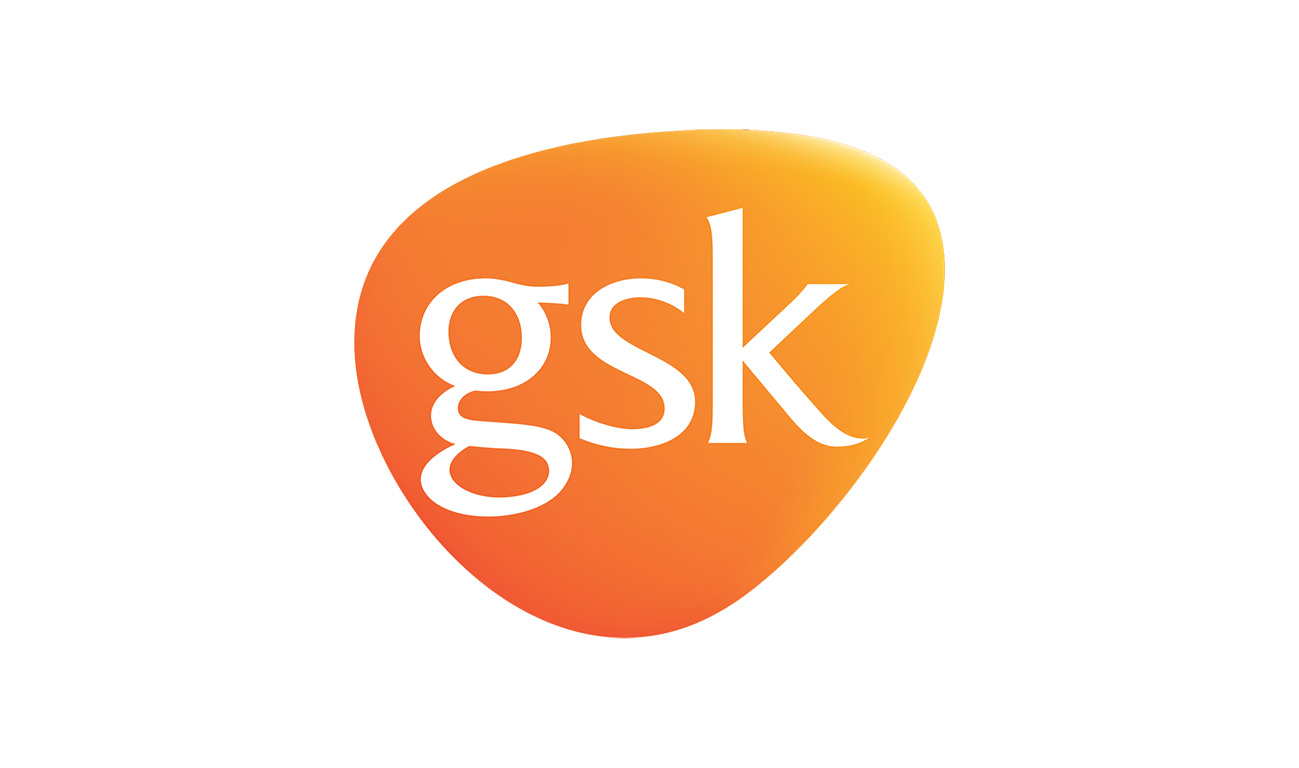In Africa, #MarketsMatter for a Healthy Society
By Craig Williams, General Manager for West Africa, GSK

In Africa, #MarketsMatter for a healthy society
This post is part of the #MarketsMatter expert blog series. Read the full series here
When it comes to improving access to healthcare in Africa, markets matter. From pharmaceutical companies to small clinics, an interconnected private market complements public sector services to help patients receive the healthcare they need, when and where they need it. This in turn helps individuals and communities to thrive, creating a healthier environment in which businesses and other organisations can flourish and help to unlock the economic potential of a nation.
Too often in sub-Saharan Africa, the concept of a flawless marketplace does not exist. More often, a fragile infrastructure, a lack of healthcare facilities and rural providers, and a fragmented regulatory system can all keep medicines financially and geographically out of reach. In the case of the Ebola outbreak, my team, who work across West Africa, witnessed what both a strong and weak healthcare system means to a country’s ability to provide quick and quality healthcare in a time of need. What we learned is that a robust, organised, and collaborative system can help save lives.
Strengthening the health marketplace and infrastructure requires collaboration, aligned goals, and complementary capabilities across multiple stakeholders. Governments lead the charge in investing in and developing health systems that are accessible, safe and deliver the services people need. At the same time, companies can contribute by investing in sustainable solutions that yield shared value. In our case, by investing in developing medicines and vaccines, we experience shared value in helping patients access them. This leads to the additional investments we make in the supply chain, in the education of thousands of healthcare workers, and in the employment of thousands of local representatives to help educate providers and patients.
But investing in traditional business initiatives is simply not enough. That’s why GSK has taken a number of steps to shake up how we do business, so we can help reach more patients, help create a healthier marketplace and put our business on a firm footing. One of the most radical moves has been switching our focus from price to volume, capping prices of our patented products in least developed countries at no more than 25% of those in developed countries – so long as this covers our manufacturing costs. This flexible approach to pricing can help us to reach those patients towards the bottom of the wealth pyramid.
Building our business gives us more to reinvest in the healthcare ecosystem. Across Africa, there is a severe shortage of skilled frontline health workers; and particularly in rural areas, health facilities are few and far between. Since 2009, we have reinvested 20% of profits generated in the least developed countries back into strengthening their health systems. In the West Africa region that I lead, this has enabled us to support training of frontline health workers across countries including Liberia and Sierra Leone. Ultimately we hope this will act as a catalyst for others to see the value of investing in strong health systems.
Building on these measures, we are taking steps to help deliver long-term access to healthcare and sustainable business growth. Investments in local warehousing and manufacturing on the continent will help ensure a steady source of affordable medicines and employment – and enhance regional supply chains. We are piloting novel approaches such as social enterprise in Zambia to support community agents selling healthcare products door-to-door. Supporting scientific research and academic programmes in areas such as analytical chemistry should strengthen Africa’s knowledge base.
These measures are all a powerful illustration of our philosophy that stimulating innovation, widening access and driving business success can all go hand-in-hand. This is all underpinned by a long-term mindset, and a recognition that the countries where we operate will one day emerge as vibrant economies yielding some of the world’s greatest achievements. Through reshaping our own practices and working in innovative collaborations with other organisations, we can help create the kind of healthy marketplace that could unlock Africa’s human and economic potential.

